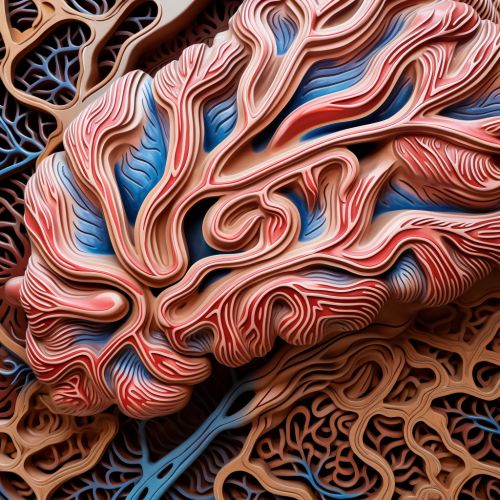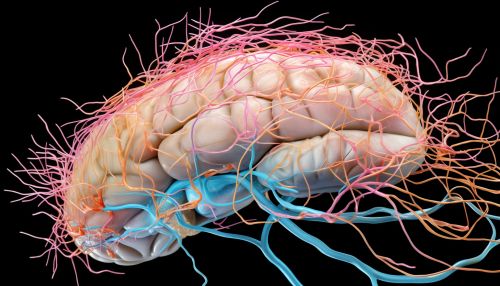Parietal Cortex
Overview
The parietal cortex is a part of the brain situated in the parietal lobe, one of the four main lobes of the cerebral cortex in the mammalian brain. It plays a crucial role in various cognitive functions, including spatial processing, attention, and sensorimotor integration.


Anatomy
The parietal cortex is located in the upper back part of the cortex, behind the frontal and temporal lobes, and above the occipital lobe. It is divided into two main regions: the superior parietal lobule (SPL) and the inferior parietal lobule (IPL), each with distinct functions and connections to other brain areas.
Function
The parietal cortex is involved in a wide range of cognitive functions. It is primarily responsible for processing sensory information from various parts of the body, understanding spatial orientation, recognizing objects, and coordinating precise movements.
Spatial Processing and Orientation
One of the key roles of the parietal cortex is spatial processing, which involves understanding the body's position and movement in space. This function is crucial for navigation and coordination of movements.
Sensorimotor Integration
The parietal cortex is also involved in sensorimotor integration, which is the process of combining sensory information with motor commands to produce coordinated movements.
Object Recognition
The parietal cortex plays a role in object recognition, particularly in the manipulation of objects. This involves understanding the properties of objects, such as their shape, size, and orientation, which is necessary for precise motor actions.
Clinical Significance
Damage to the parietal cortex can result in a variety of neurological and cognitive deficits, depending on the specific location and extent of the damage. These can include conditions such as agnosia, apraxia, Balint's syndrome, and Gerstmann's syndrome.
Research
Research into the parietal cortex is ongoing, with studies focusing on understanding the complex functions and connections of this brain region. This research has implications for a range of fields, including cognitive neuroscience, neurology, and psychology.
